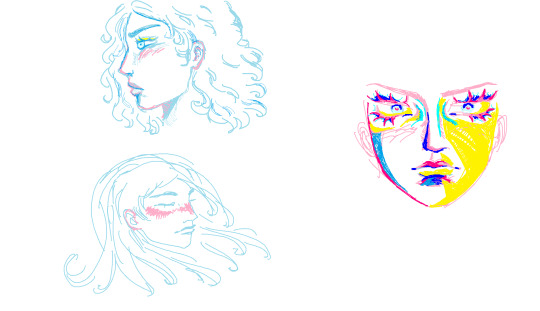#strain
Text
My dealer: got some straight gas 🔥😛 this strain is called “The Indifference” 😳 you’ll be zonked out of your gourd 💯
Me: yeah whatever. I don’t feel shit.
5 minutes later: I swear I just saw myself in the orbiter laughing.
My buddy Ordis floating back and forth: I just heard someone knocking all the way out here.... Operator, I wouldn't answer that.
250 notes
·
View notes
Text

Sometimes I can hear my bones straining under the weight of all the lives I'm not living.
-- Jonathan Safran Foer
(Luzern, Switzerland)
#strain#thoughts#regrets#travel photography#jonathan safran foer#switzerland#luzern#quote#life#living
172 notes
·
View notes
Text



Aces High🤤
#me#aces high#strain#weed#gas#cannabis#cannablr#smoke#marijuana#cannacommunity#bud#pretty#blunt nugs#ounce#cannalife#cannamom#cannaculture#cannagirl#cannalove#cannafam#pretty nugs#nugshot#nugs not drugs#420daily
148 notes
·
View notes
Text
Applying criminological theories to Phantom of the Opera #1
I study criminology, and I have an exam in a week about criminological theories (=theories that attempt to explain deviant behavior/crime.) Each theory has a different perspective. So, I figured, why not apply a theory to Phantom. It's been on my mind.
For example, there's Classical Strain Theory (Merton, 1938). It was developed as a criticism of the 'American Dream.' Merton argued that not everyone can achieve the ideals of the American Dream (ex: a good house, good job, nice salary). I mean, if you're born into a poor family, of course it's much harder to get to a top university and become a lawyer. So, he argued, that the people who don't have the means to achieve society's goals, experience "strain". An individual responds to strain in different ways. They respond differently in different situations.
🎭 "Conformity"
An individual accepts the goal (example: American Dream) and try to achieve it with socially accepted means anyway. So, they try to 'work hard' and follow 'legitimate routes.'
🔪 "Innovation"
An individual accepts the goals, but they try to use different - absolutely not socially accepted - means. Innovation! You could get rich by working hard, but you could also steal things or extort people. And this is exactly what Erik does. Let's apply this element of strain theory to him. One of his society's goals is to, as a man, have a steady job and make money. Erik isn't able to achieve this goal due to his face. He's stigmatised and ridiculed for it. He doesn't have a face that's allowed in a workspace. Not to mention that his upbringing caused him to be socially unskilled, and he generally has some odd traits that make him unable to keep a job. That causes a lot of strain. The dude can't achieve his goals. Thus, to achieve society's goal anyway, he starts to manipulate and extort the managers of the opera house. In that way, he's achieved the goal of making money, just differently (and through criminal behavior). There are probably more examples of Erik's innovations, but I want to explain the other responses to strain too.
🥀 "Ritualism"
Ritualism is another response. This is when you accept society's goals, but you don't have the means to achieve them, and you basically give up on trying. An example is an exhausted person working a thankless job, never trying to move up the hierachy within their company. They have kinda accepted their fate, and accepted that they don't have the means to grow into a better position. This can also be applied to Erik, especially to the very moment he starts living inside the opera house. One could say his goals are to get a (1) nice-looking house and (2) become a 'normal,' functioning member of society. Clearly, Erik's tried to achieve these goals in his past; he's travelled around the world, and one could say he attempted to find a steady homebase everywhere he went. He's worked different jobs (circus-artist, architect, assassin), trying to become a functioning member of society the way society wants it. But again, there's an obstacle each time he tries to be 'normal': his face. Everyone rejects and abuses him. So, he gives up on becoming a functioning member of society, also deciding to accept he won't have a nice house, nor a nice job. He hides himself in the opera house and 'functions' from the background, from the shadows. His reality is an unfortunate reality for a lot of neurodivergent and disabled folks too.
🕳️ "Retreatism"
This is when someone also gives up, but they retreat from society altogether in a literal sense. Merton mentions severe drug-addicts and homeless folks as an example of this. These folks don't have the means to achieve society's goals, so they give up on them and retreat from society. They're technically 'there', but not a part of it; they don't 'function' at all anymore, according to Merton. And Erik's a fine example of this during the last scene of Phantom. He lets Christine go, giving up on trying to achieve society's goals of getting a nice family, a house, a wife... But it's no use. It's implied he withers away from sadness and dies. He gives up and retreats - unfortunately resulting in death.
✊ "Rebellion"
This is when you can't achieve society's goals, so you reject them and try to reform society. Merton mentions terrorists as an example of this. However, I could argue that activists or protestors are also an example of it - without correlating them to the extreme example of terrorists. Erik rebels a lot in the show, but I want to focus on the moment he drops the chandelier onto an audience, killing them. One of society's goals is to make money, like I mentioned before. Erik does this, by innovation; he extorts the managers for 20 000s francs each month. They pay him, up until they start to reject his extorting. Christine also rejects (and 'betrays') him, ruining their teacher-student dynamic. He can't be her teacher any longer and he probably won't get to marry her either. He can't achieve the aforementioned goals of being a functioning member of society, plus marrying someone, which is another goal. So, acting out, he drops the chandelier on a bunch people, killing them horribly. This shows he rejects society's goals and the means to achieve them.
Criticism
Of course Merton's theory is an old one, and he only applied it to the American Dream. It's also hard to test this theory, because how do you measure strain? It also doesn't explain specifically what makes some individuals resort to crime, and what makes others conform. Therefore it also doesn't account for the emotional state of an individual, and how much "strain" they can handle. I mean, Erik's clearly damaged emotionally, causing him to have moments where he acts completely irrationally. This is evident when he chokes Christine for a moment in the musical, but stops when he 'comes to his senses.' Is Erik's criminal behavior a result of strain, or a result of other factors, like mental illness, or even brain damage due to the abuse he endured?
But all in all, it's an interesting theory and it's fun to apply it to characters. And now, I have to go back to studying again. See ya (:.
#phantom of the opera#poto#my thoughts#erik the phantom#phantom#robert merton#strain theory#strain#criminology#crime#fictional crime
95 notes
·
View notes
Text
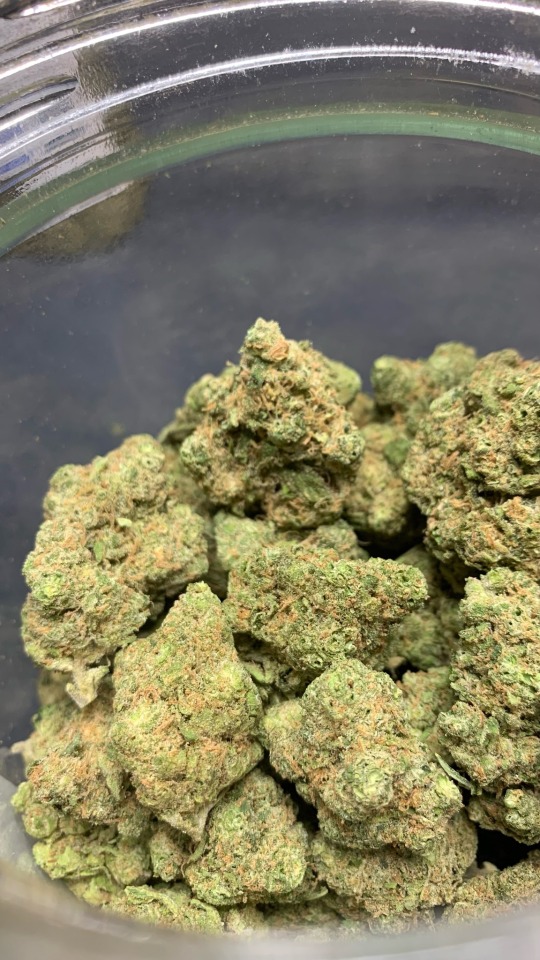
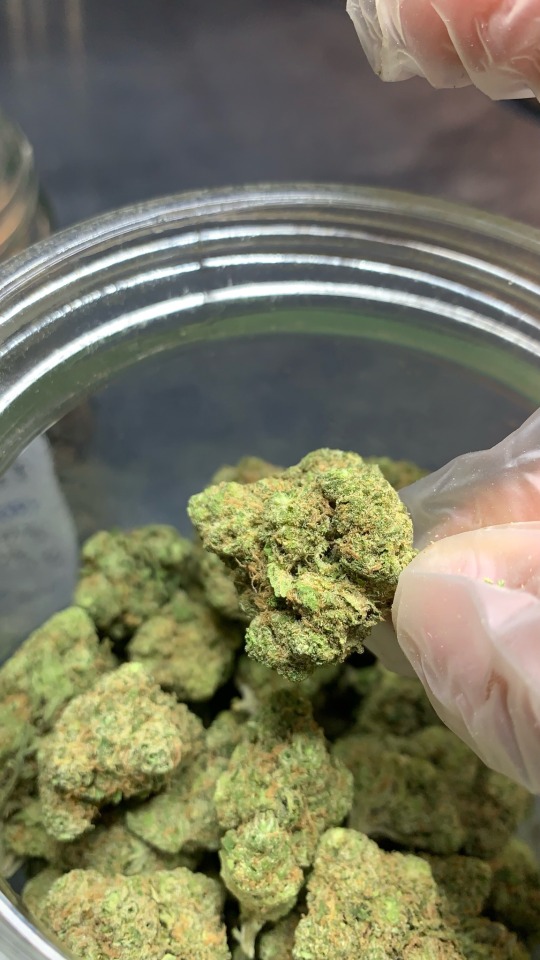
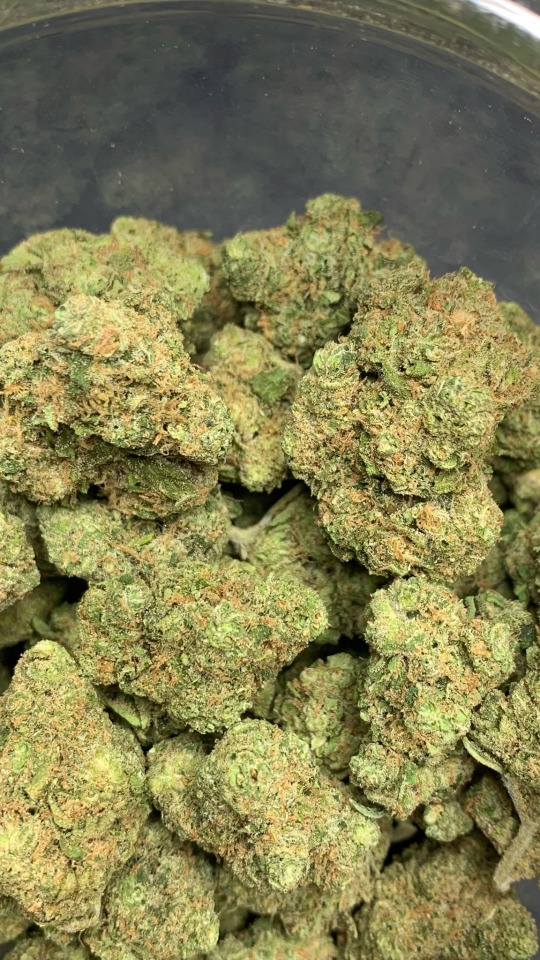
Strain: Durban Poison
Grower: Elite Cultivation
State: Oklahoma
Medical/recreational: Medical
#durban poison#elite cultivation#Oklahoma#medical cannabis#cannablr#strain#cannabis#cannalife#cannabis content#cannabis culture#cannabis community#weed pictures#weed strains#smoke weed everyday#girls smoking weed#smoke weed#weed community#weedporn#weedsociety#weedstagram#weedlife#420weed#420life#420photography#420daily#420culture#420stoner#mine#jothetender
92 notes
·
View notes
Photo
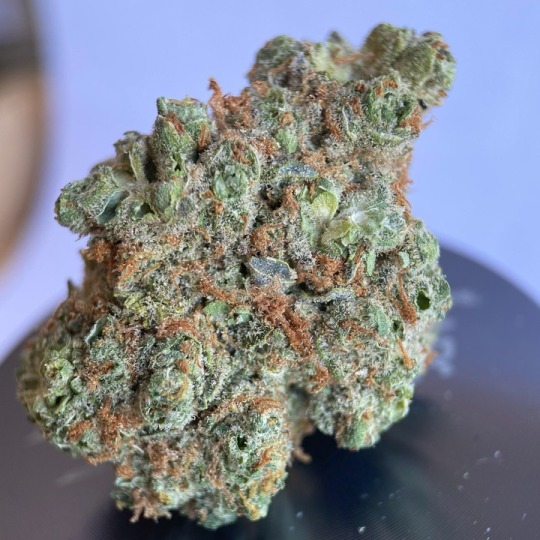
THCFarmer's Strain of the Day - Blueberry Kush (Indica)
64 notes
·
View notes
Text

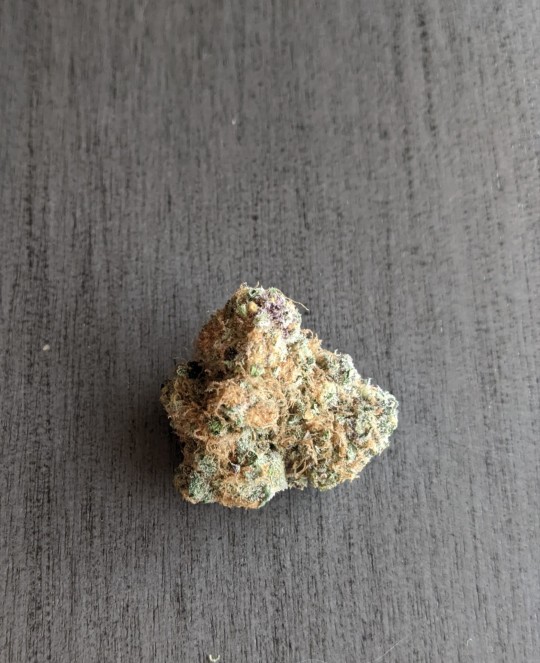
Strain: Superboof
#weed#cannabis#marijuana#420#smoke#smokeweedeveryday#fun#strain#weedblr#pot#bong#bowl#girls who smoke
90 notes
·
View notes
Text

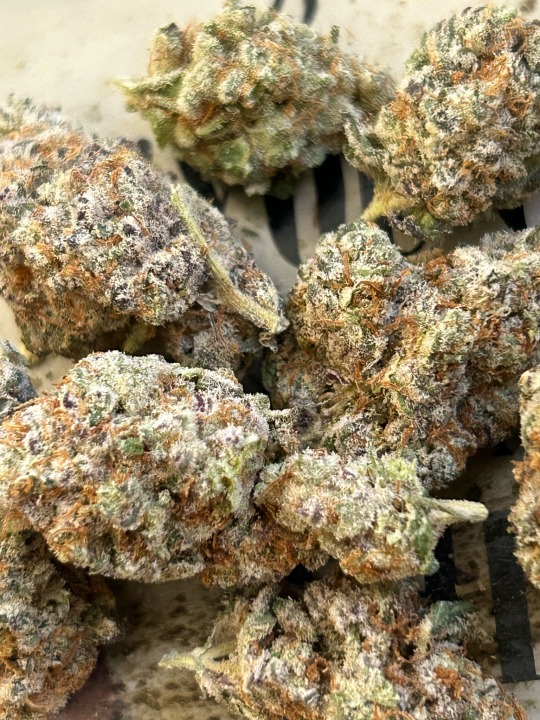
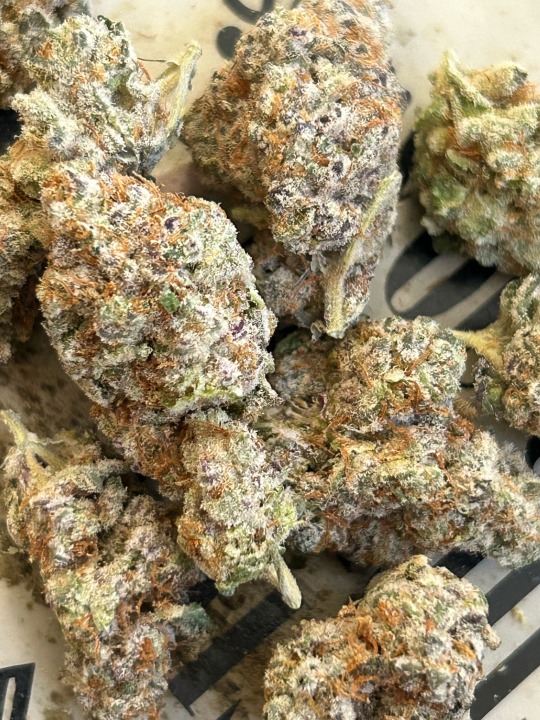
Coco Pebbles, new strain 🔥🔥
#weed#weedlovers#marijuana#california#joints#awesome#stoned#stoner#cannabis#stoner girl#pebbles#strain#indica#cannagirl
77 notes
·
View notes
Text





Strain
67 notes
·
View notes
Text
Belief is nothing until it is strained.
Belief is nothing until it is strained. A person may hold a belief and become emotionally attached to it long before it’s ever put to the test. The same is true of promises and aspirations. Promises are made when they seem easy to accomplish. Aspirations, too. Few wed themselves to anything that seems impossible. And yet so many beliefs or goals are proven to be impossible. We are, I know not how, double within ourselves, and as a result we do not believe what we believe, and we cannot rid ourselves of what we condemn.
— X, in Catherine Lacey's "Biography of X: A Novel" (Farrar, Straus and Giroux, March 21, 2023)
11 notes
·
View notes
Text




Fatty🍑
#me#obama runtz#strain#weed#gas#smoke#marijuana#cannabis#cannablr#bud#pretty#green#fatty#fat blunts#cannaculture#cannababe#cannafam#cannalife#cannamom#cannalove#cannacommunity#420 daily#always high
231 notes
·
View notes
Text

indica individuals
#indica#ounce#eufloria#jealousy#strain#life#love#trippy#drugs#smoke#weed#marijuana#cannabis#420#710#stoner#hippie#blunts#joints#bong rips#girls who rip bongs#girls who smoke weed#girls who smoke#stoner community#dispensary
105 notes
·
View notes
Text

🌱 Seedsman's latest drop of in-house strains features five new autoflowering seed varieties:
Fatso GMO F1 Auto
Garlic Muffin F1 Auto
Cookie Apple OG F1 Auto
Sour Diesel Auto
Pineapple OG Auto
🪴Get all the details here: https://www.seedsman.com/us-en/blog/seedsman-presents-new-autoflowering-strains-2024
#cannabis#marijuana#weed#seedsman#autoflower#autoflowering seeds#autoflowering#strain#strains#ganja#sativa#indica#weed strains#cannabis strains#thc#cbd#stoners#cannabis culture#high times#genetics#weed seeds#marijuana seeds#cannabis seeds#grow your own#gyo#stoner#microgrowery#autoflowers
6 notes
·
View notes
Photo
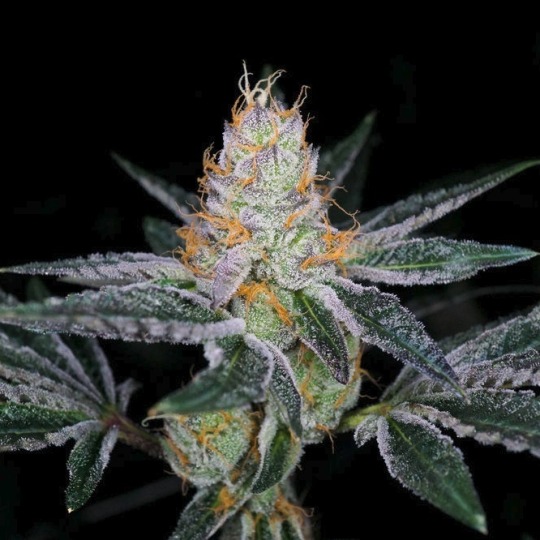
THCFarmer's Strain of the Day - Blue Cookies (Indica)
23 notes
·
View notes
Text


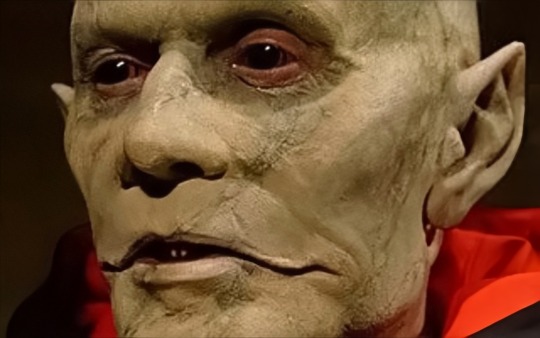

11 notes
·
View notes
